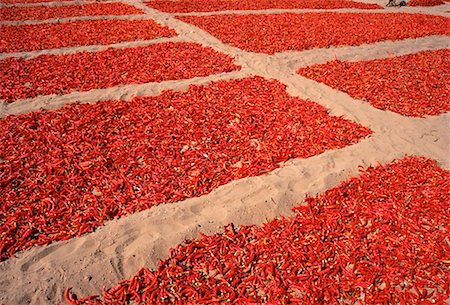Pakistan stands as a global force in chili production, boasting 150,000 acres dedicated to chili farming and an impressive annual yield of 143,000 tonnes. This production prowess places Pakistan strategically in the global chili market. Meanwhile, China’s robust demand for dry chilies, exceeding 200,000 tons yearly, presents a lucrative avenue for Pakistan to bolster its chili exports.
Gohaz Ejaz, Pakistan’s Minister of Commerce, underscores the advantageous position Pakistan holds with zero tariffs under the China-Pakistan FTA. He highlights the potential for expanding chili exports, stressing the need for innovative technology, hybrid seeds, and improved agricultural practices to enhance quality and quantity.
The China-Pakistan Chili farming project, a key element of the China-Pakistan Economic Corridor, serves as a prime example. Covering 16,000 acres, this initiative employs an order-based contract farming model and has significantly boosted per-acre output by training agricultural technicians, resulting in a threefold increase in production compared to traditional crops.
Awis Mir, CEO of DEA Group of Companies, emphasizes collaborative partnerships with Chinese entities, highlighting their support in cultivation, management, and establishing a buyer network. This cooperation streamlines the supply chain, ensuring market access for Pakistani chili exporters.
Recent milestones include Pakistan’s inaugural chili consignment to China, signifying progress in narrowing the trade deficit between the two countries. However, challenges persist, including reduced chili exports due to floods and drying issues. Efforts, such as MoUs and the China-Pakistan Food Export Processing Zone, aim to address these hurdles and support the chili industry’s growth.
Despite obstacles, the burgeoning collaboration between China and Pakistan in the chili sector forecasts a prosperous future, fostering steady growth and a flourishing trade of chili peppers between the two nations.
















